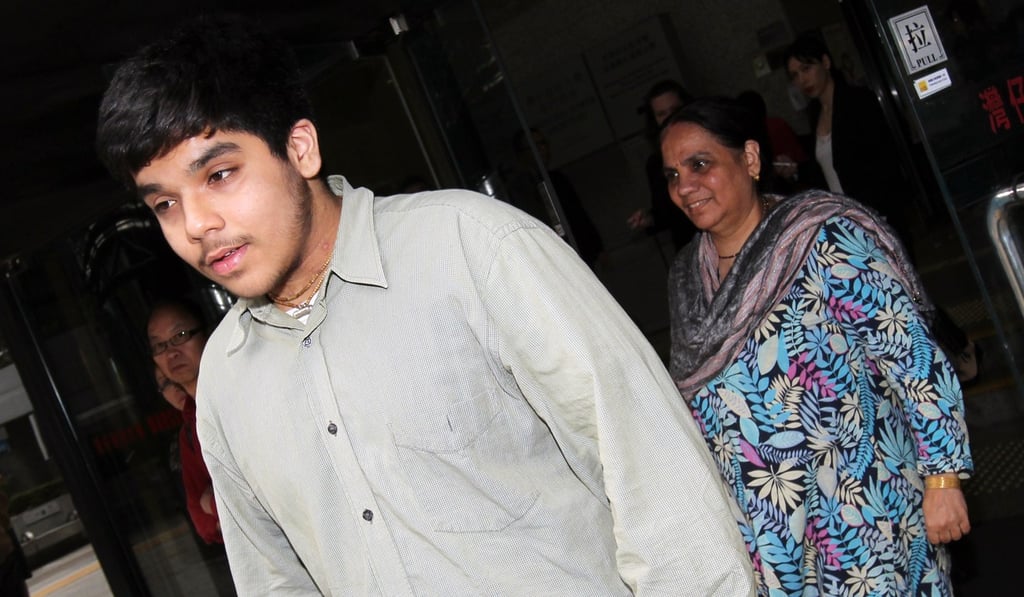Letters | Hong Kong race equality law leaves out the government: this must change
- Unlike the city’s other anti-discrimination ordinances, the one on race does not include a specific section on the role of the government
- Not covering discrimination during the performance of the government’s functions or the exercise of its powers affects the protection of ethnic minorities

Implemented in 2009, the Race Discrimination Ordinance is Hong Kong’s only such ordinance that does not cover discrimination during the performance of the government’s functions or the exercise of its powers, seriously affecting its protection of ethnic minorities.
This deficiency in the Race Discrimination Ordinance means that victims cannot use the Equal Opportunities Commission’s free complaint procedure but have to shoulder expensive court fees if they wish to seek recourse when they believe they have been racially discriminated against by government officials.
While Section 3 of the Race Discrimination Ordinance states, “This ordinance binds the government”, it does not cover government powers and functions. The other three discrimination ordinances have the same wordings in Section 3, but also stipulate in separate sections that the government should not discriminate in the performance of its functions or the exercise of its powers.
